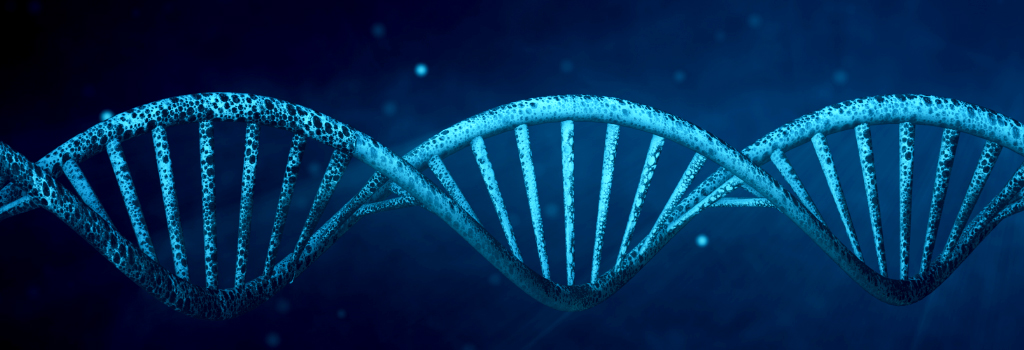Science has enabled people to understand the environment, the universe and the human body and its requirements. This enormous range of science is incredibly complex and perplexing to the scientist. The case Centre for Advanced Computing and Bioinformatics is a centre that encourages interdisciplinary research whose goal is to catalyze research at the interface of biology and computational and physical sciences. The recent advances in computational methods have lead to its applications in all areas including biology.
This has taken computer science far beyond mere programming and data management. This inter-disciplinary centre focuses on the computational applications in biology, drawing knowledge from mathematics, computer science, information technology, biology and biotechnology. The centre aims to provide students and research scholars with strong conceptual foundations (theoretical and experimental), and also expose them to the forefront of the developments in the field of computing and bioinformatics.

Proteomics entails the in depth structural analysis of individual proteins in microorganism, human and animal cells. In studying proteins and their changes, bioinformatics enables researchers to take an integrated -omics approach for discovering networks involved in human disease. The Center is also developing and applying state-of-the-art-structural proteomics technologies to understand the function and interactions of macromolecular complexes.
Recognizing the applicability of computing to all fields of knowledge and practice the centre aims to offer courses in PG diploma, advanced certificates course, computational biology and protein bioinformatics.
The mission of the Division of Proteomics, Genomics and Bioinformatics is to support research in protein and gene expression analysis, protein and gene modifications, and protein and DNA interactions in a wide variety of biological contexts. The division also develops new tools in Proteomics and Genomics research. This includes multiple Proteomics Cores to support these activities and Bioinformatics is to support interdisciplinary research and training in many areas of bioinformatics including analysis of DNA and protein sequences, protein interaction networks, linkage and association studies for simple and complex traits, and gene and protein expression profiles. This includes a Bioinformatics Core that provides research support for these activities.
